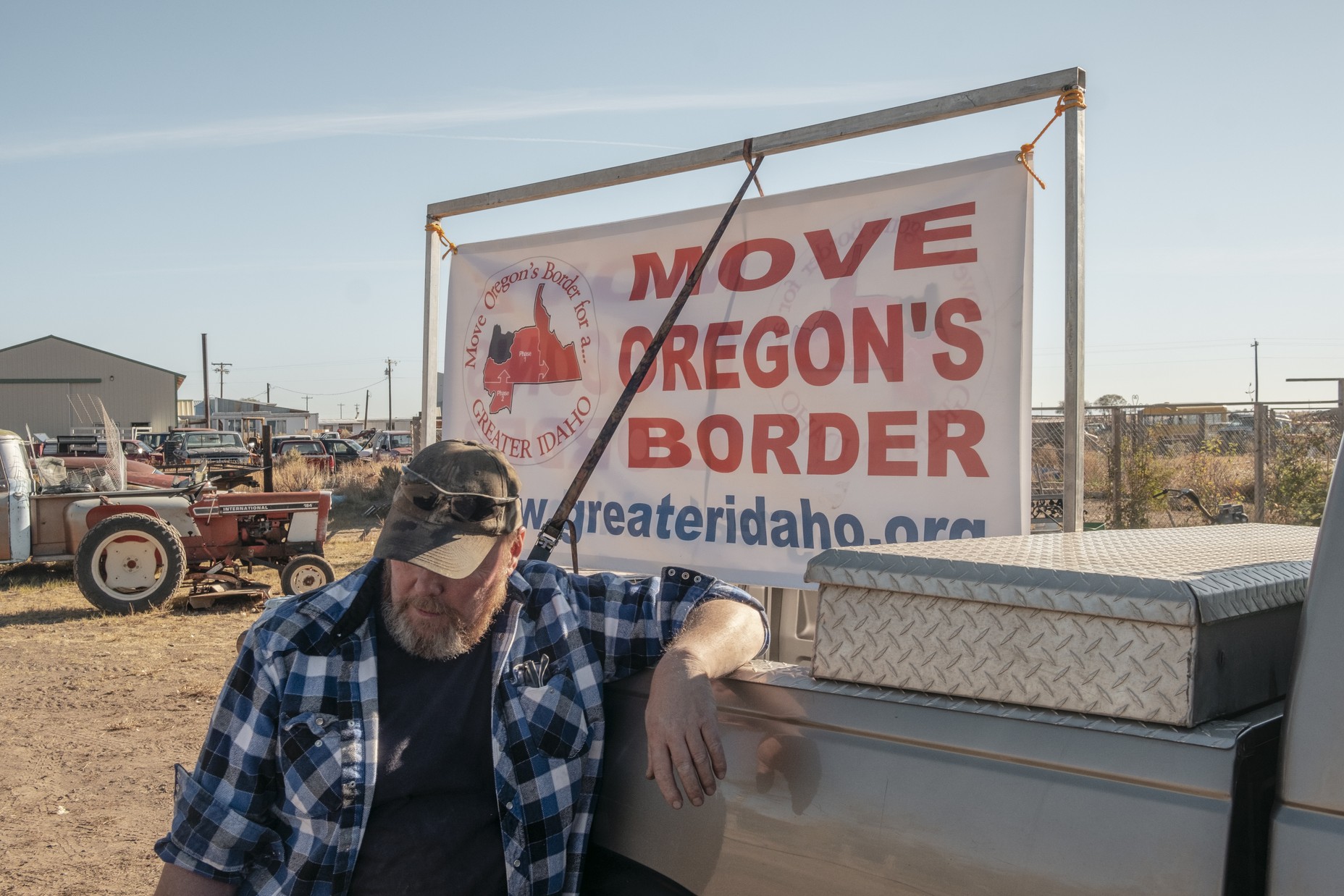Culture
Culture rests at the core of how people live their lives and experience the world. Pulitzer Center grantee stories tagged with “Culture” feature reporting that covers knowledge, belief, art, morals, law and customs. Use the Pulitzer Center Lesson Builder to find and create lesson plans on culture.
-

Project
Alpaqueros
How is climate change harming alpaca breeders in the Peruvian Andes?
-

Project
Greater Idaho
In response to the “Move Oregon’s Border” grassroots movement, a set of counties in rural eastern...
-

With a maternal mortality ratio of 512 deaths per 100,000 live births, Nigeria is one of the most...



































